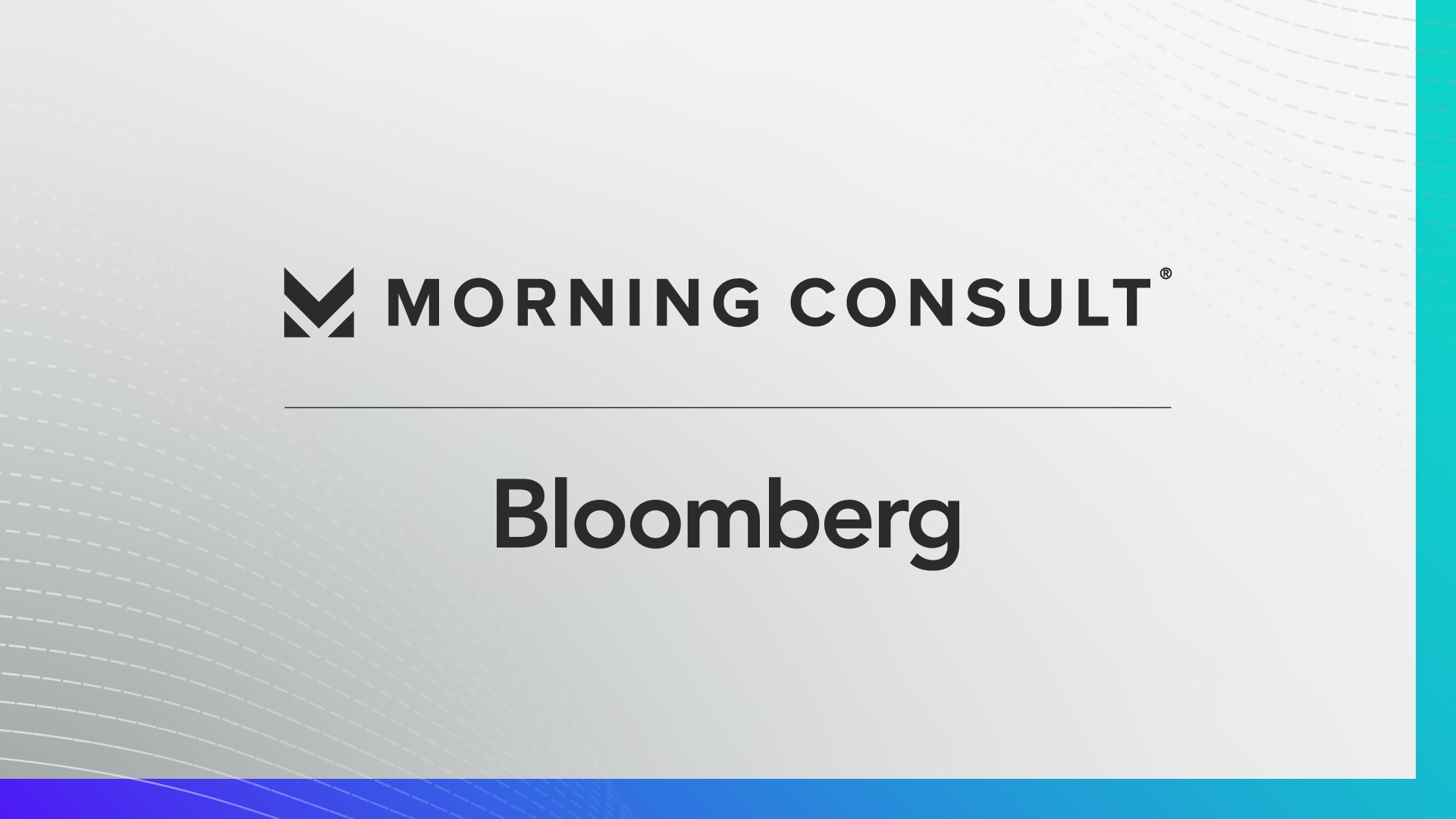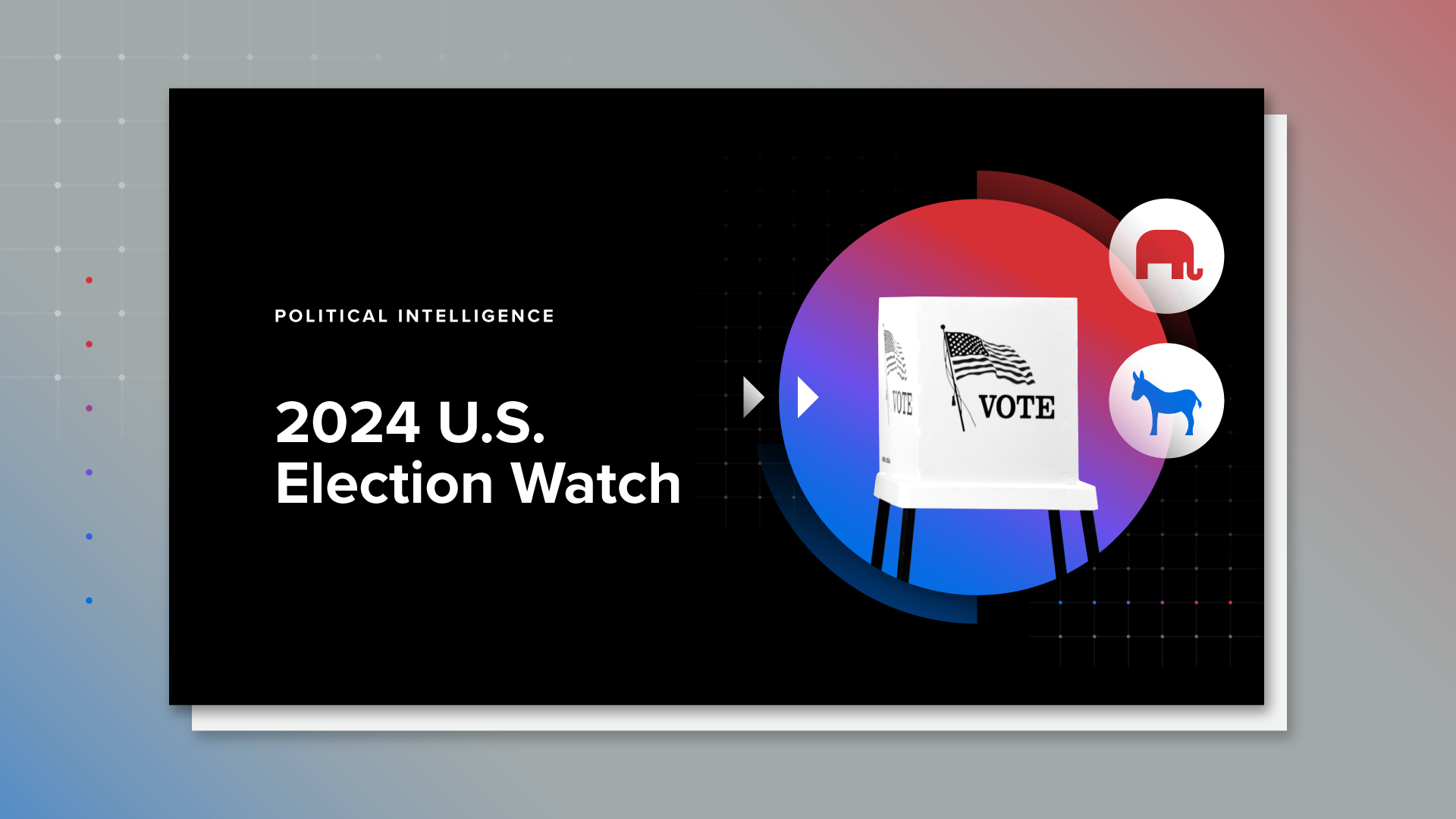Swing-State Surveys Show Biden Trailing Trump in 7 Key States
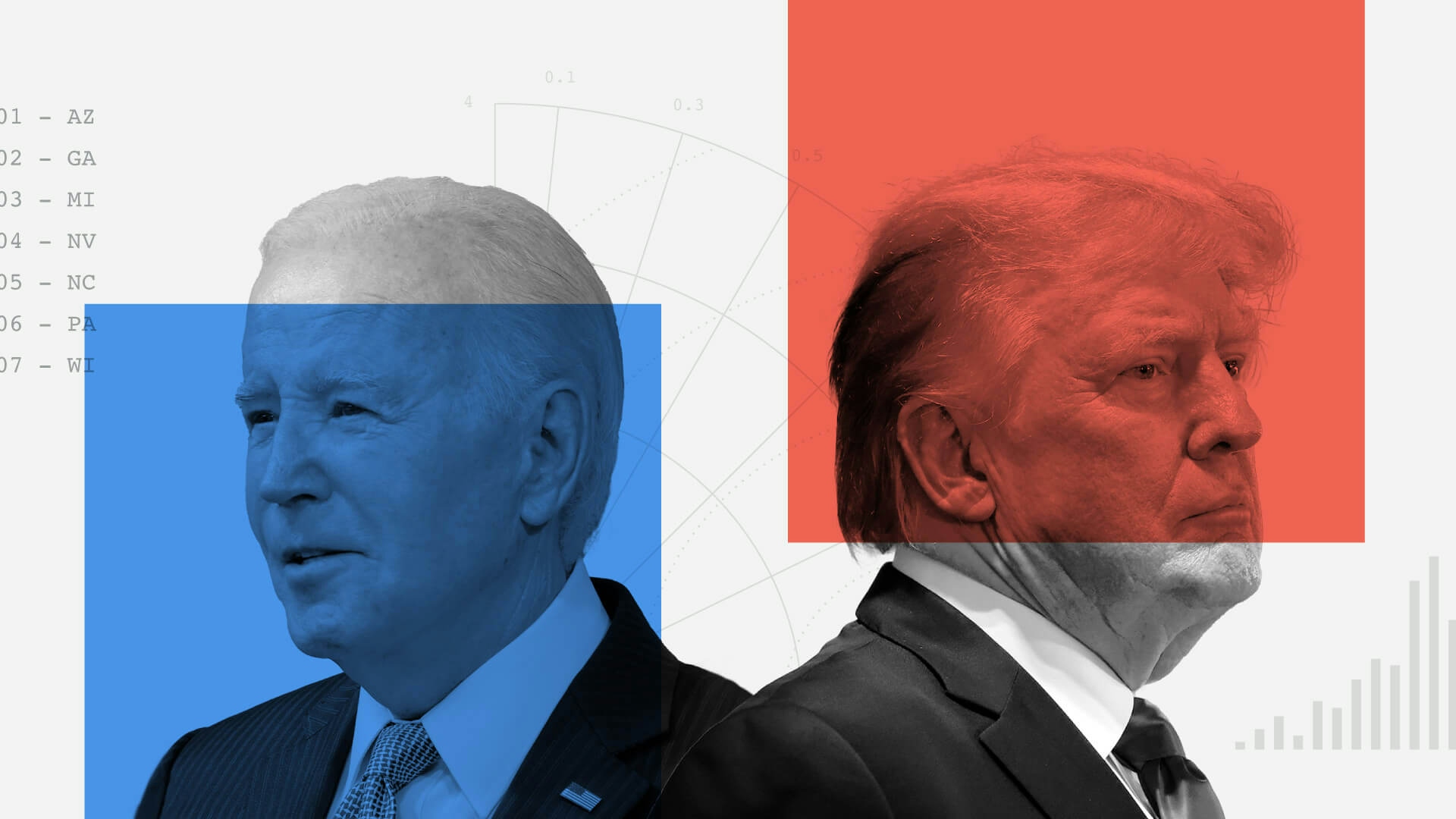
swing-state analysis
On behalf of Bloomberg News, Morning Consult is conducting a monthly seven-state study in 2024 political swing states to uncover where voters stand on key issues surrounding the presidential election. Read our other analysis here: August 2024 | July 2024 | June 2024 | May 2024 | April 2024 | March 2024 | Feb. 2024 | Jan. 2024 | Nov. 2023 | Oct. 2023
Key Takeaways
Our surveys conducted on behalf of Bloomberg News show President Joe Biden trails former President Donald Trump in Arizona, Georgia, Nevada, North Carolina, Pennsylvania, Wisconsin and — for the first time since tracking began in October — Michigan, a key state for former President Donald Trump’s 2016 victory that he flipped in the 2020 elections.
Three in 5 swing-state voters said the cost of everyday goods is most important to their votes next year when specifically thinking about economic issues, higher than any other concern tested. Over the past three months, the shares of voters in each of the seven states who said they see prices as increasing has declined even as most still see inflation as rising.
In sum, this data shows Biden is not reaping big rewards for poor but improving inflation perceptions, meaning he’ll need to assuage voters’ concerns about prices — and try to shift the issue matrix to more friendly territory in his likely re-election fight next year. The 2022 midterms provide a precedent for such a shift, and the higher prominence Trump, the likeliest GOP nominee, is set to take next year could help.
Morning Consult Pro subscribers can download the latest state-by-state data here. Start your free trial today to access all of our analysis and reports.
Voters in key battleground states for the 2024 elections continue to express a high level of concern about the state of the economy — even as our new surveys conducted on behalf of Bloomberg News found these same voters have become less likely to perceive inflation as being on the rise. The latter trend is not yielding improvements for President Joe Biden, who for the first time now trails former President Donald Trump in each of the seven states we’re tracking ahead of next year’s expected general election matchup.
The state of the swing-state race
According to our latest surveys, which were conducted Nov. 27-Dec. 6, Biden narrowly trails Trump in Arizona, Georgia, Nevada, North Carolina, Pennsylvania, Wisconsin and — for the first time since tracking began in October — Michigan, a key state for Trump’s 2016 victory that he flipped in the 2020 elections.
Trump Leads Biden in Seven Swing States
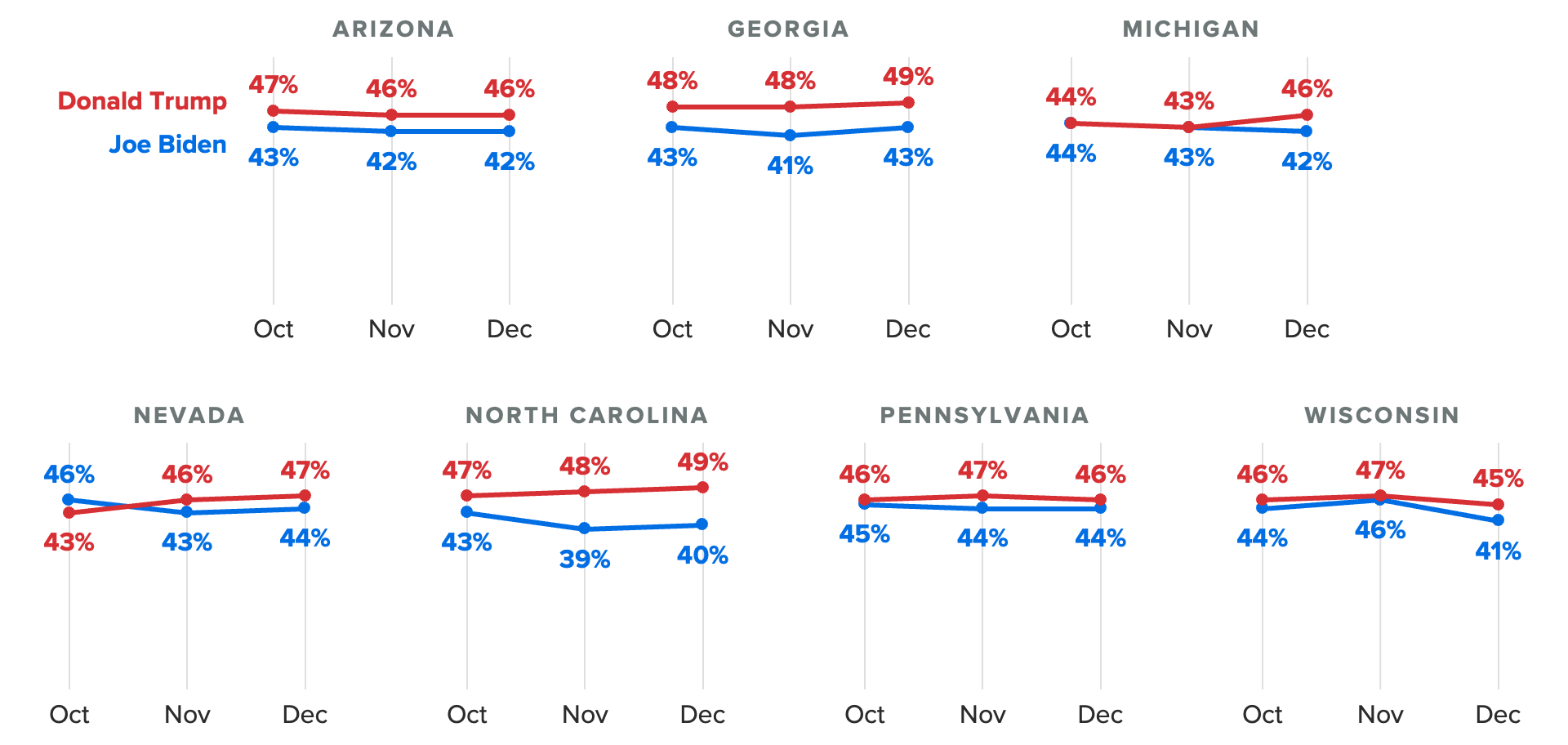
In each state except North Carolina, the contests remain very close given the surveys’ margins of error. With a 9-percentage-point deficit, Biden performs worst against Trump in North Carolina, the most Republican friendly state of the bunch that has a Democratic governor and has yielded relatively small margins of victory for GOP presidential nominees ever since Barack Obama’s 2008 victory. That’s followed by Georgia, where Biden now trails Trump by 6 points following his narrowest margin of victory against Trump in 2020.
Across the seven states, a comprehensive look at the data shows that Biden has lost ground in recent months among middle-aged voters, who exit polling shows made up large shares of the electorate in 2020, as well as among two key Democratic constituencies: young and Black voters.
How Biden and Trump Fare Among Swing-State Demographic Groups
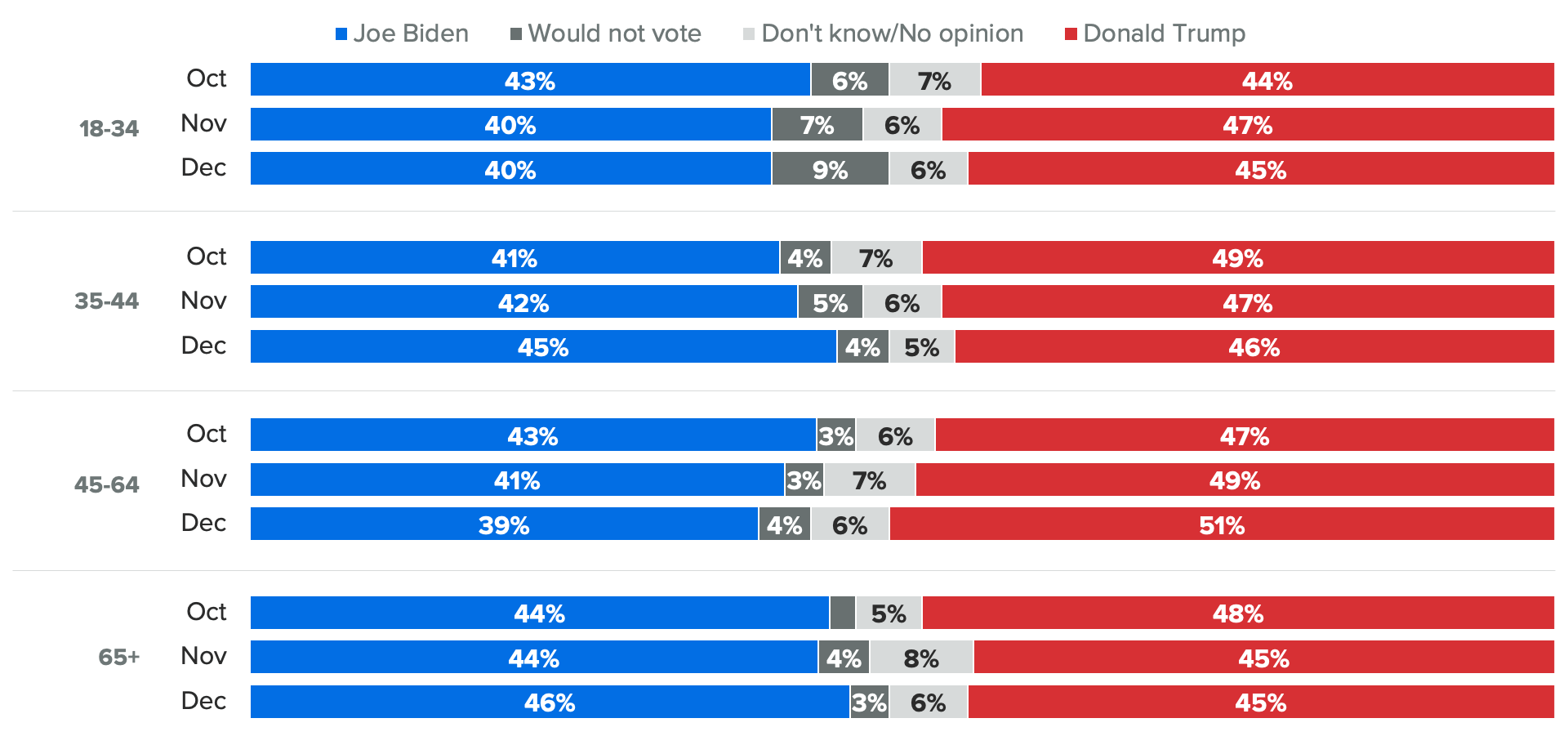
Surveys conducted monthly from October 2023 to December 2023 among representative samples of at least 4,922 registered U.S. voters in the seven swing states tested, including at least 244 voters from each of the subgroups shown, with unweighted margins of error of +/-2 to +/-7 percentage points, respectively. Figures may not add up to 100% due to rounding.
Since October, Biden’s deficit to Trump has grown from 1 point to 5 points among voters ages 18-34, with the expected Republican candidate next year earning support from 45% of the cohort in the latest surveys. Separately, Biden’s lead among Black voters has dropped from 46 points to 38 points, as Trump pulls backing from 24% of these voters.
How swing-state voters feel about the economy
In each of the seven states, voters remain most likely to cast the economy as “very important” to their 2024 votes relative to other issues, similar to the issue’s standing at the national level. In the cumulative seven-state data, 3 in 5 voters said the cost of everyday goods is most important to their votes next year when specifically thinking about economic issues, higher than any other concern tested.
And compared with the first survey in October, the seven-state data shows swing-state voters are only slightly more likely now to say the country’s economy is heading in the right direction (26% to 28%), even as fewer of these voters indicate they’re feeling the pain of rising costs.
Inflation Concerns Remain, But Fewer Swing-State Voters Are Feeling Its Pain
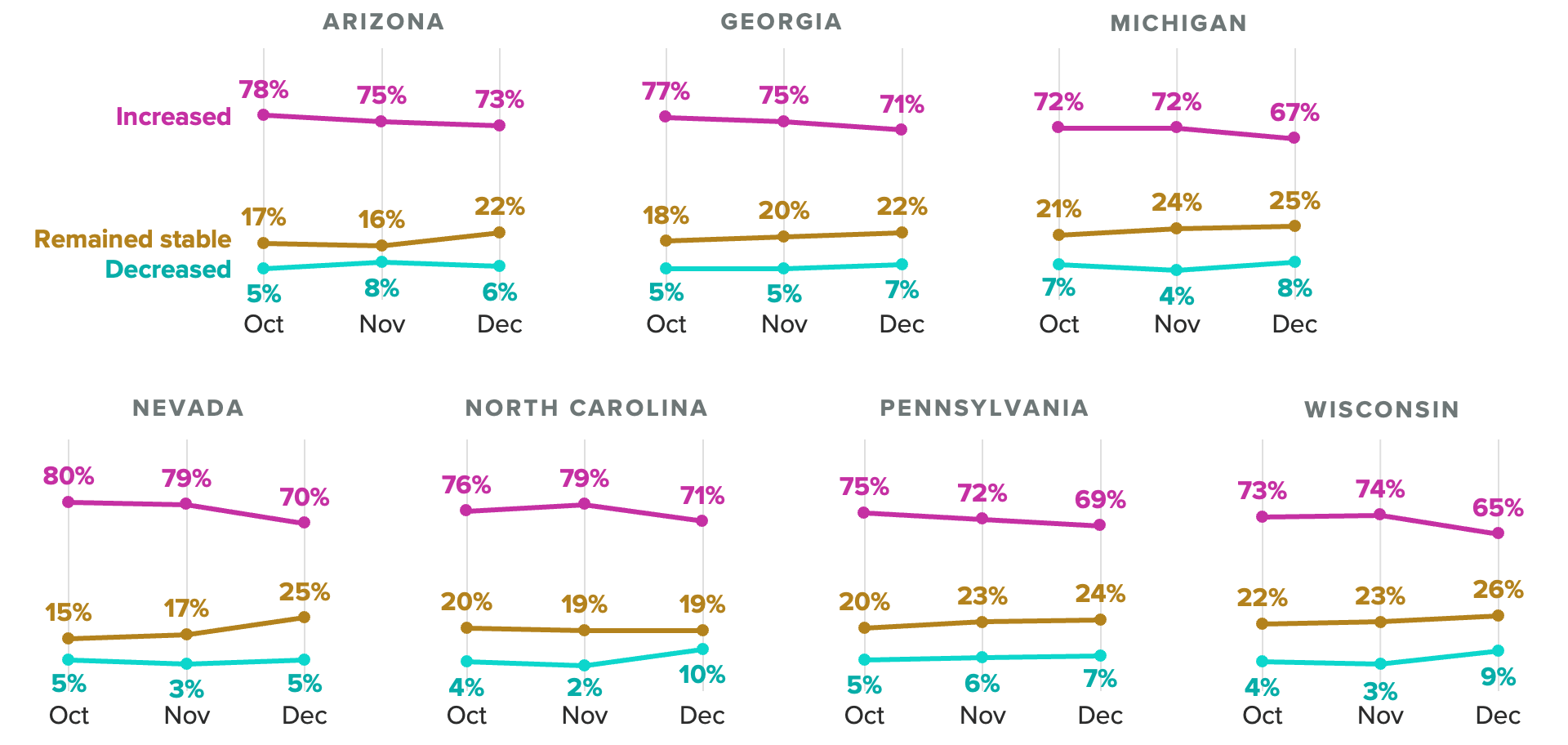
Concerns about inflation have improved the most in Nevada, where voters are 10 points less likely to see the costs of everyday goods as rising now as they were in October (70% to 80%), while the share who said costs have remained stable increased by the same amount (15% to 25%). Perceptions of rising inflation are the worst in Arizona, where 73% of voters see costs as increasing after a more modest improvement over three months.
Among the demographics tested in the seven-state data, the surveys found perceptions about inflation have improved the most since October among the oldest voters, who are less worried than their youngest peers about things like personal debts and housing costs that could make inflation feel worse.
Fewer Swing-State Voters See Consumer Prices as Being on the Rise
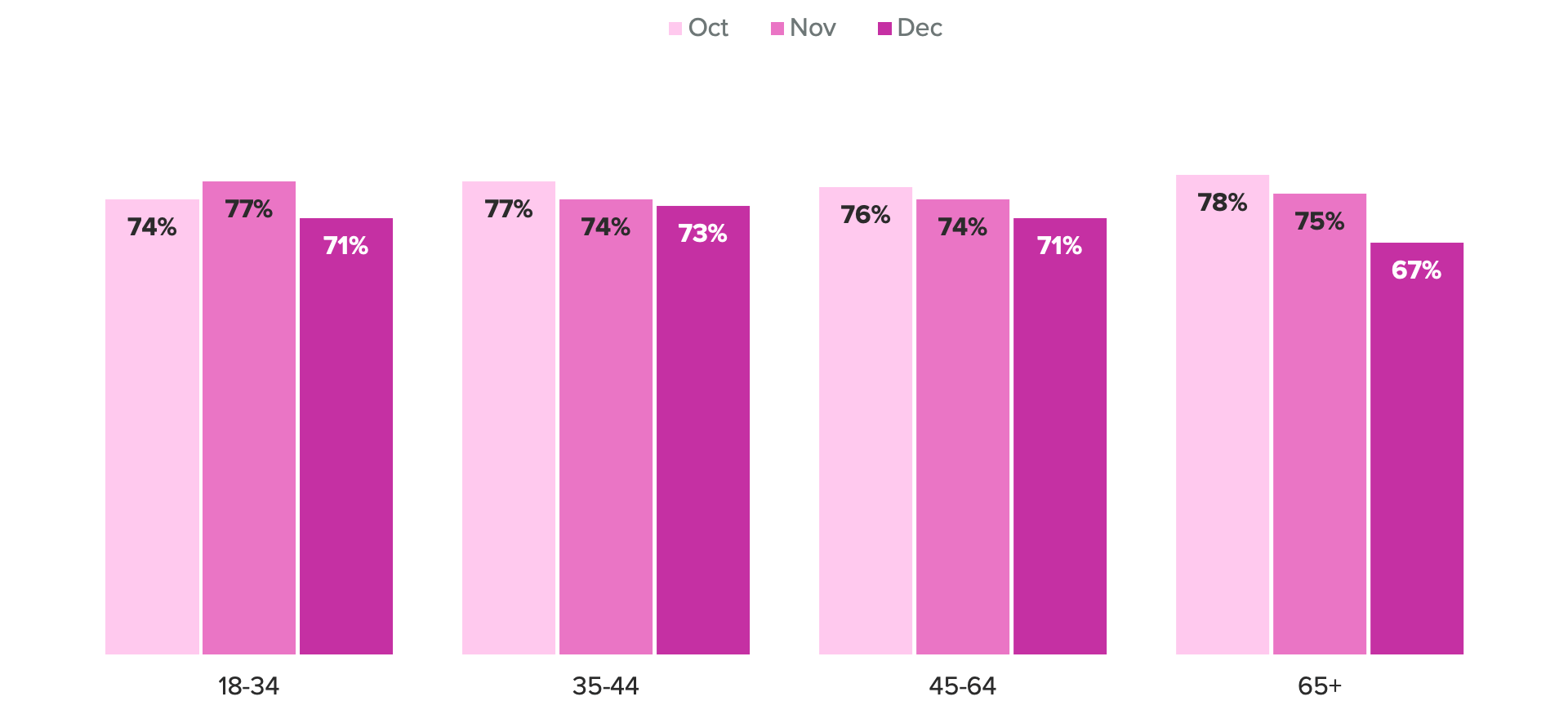
Surveys conducted monthly from October 2023 to December 2023 among representative samples of at least 4,922 U.S. registered voters in the seven swing states tested, including at least 244 voters from each of the subgroups shown, with unweighted margins of error of +/-2 to +/-7 percentage points, respectively. Figures may not add up to 100% due to rounding.
At 67%, voters ages 65 and older are less likely than their younger peers to say consumer costs are increasing, something that’s only been accompanied by a modest improvement for Biden in the head-to-head test against Trump. A similar story is true for white voters, who have become less likely to express concerns about rising prices since October (78% to 71%), but have remained solidly in Trump’s camp.
Among Black voters, with whom Biden has lost ground, there has been no change in inflation perceptions — though they’re slightly less likely to see costs as rising than their other peers in the electorate.
The bottom line
The recent movement among swing-state voters suggests they could eventually get used to slowing inflation, as reflected by the fact that more of them are seeing some stability even when compared with a couple months ago. However, the data shows that at this moment, Biden is not reaping big rewards for it, meaning he’ll need to assuage concerns about prices — and try to shift the issue matrix to more friendly territory in his likely re-election fight next year.
If the 2022 midterms are precedent, this is possible, and the higher prominence Trump, the likeliest GOP nominee, is set to take next year could help.
The closest behind the economy in most swing states on voters’ top issue list is health care (roughly mirroring national trends). This is an issue Trump recently threw back into the discourse with his politically undisciplined reengagement with the Obamacare repeal debate that helped sink his first-term popularity. In states such as Michigan and Arizona, the issue of democracy is right up there with health care, suggesting Biden could make up some ground by shining a spotlight on Trump’s dictatorial dabbling.
While the economy reigns supreme, it’s unlikely to be the only thing on voters’ minds when they get fully attuned to the key issues on the ballot in 2024.
Eli Yokley is Morning Consult’s U.S. politics analyst. Eli joined Morning Consult in 2016 from Roll Call, where he reported on House and Senate campaigns after five years of covering state-level politics in the Show Me State while studying at the University of Missouri in Columbia, including contributions to The New York Times, Politico and The Daily Beast. Follow him on Twitter @eyokley. Interested in connecting with Eli to discuss his analysis or for a media engagement or speaking opportunity? Email [email protected].
